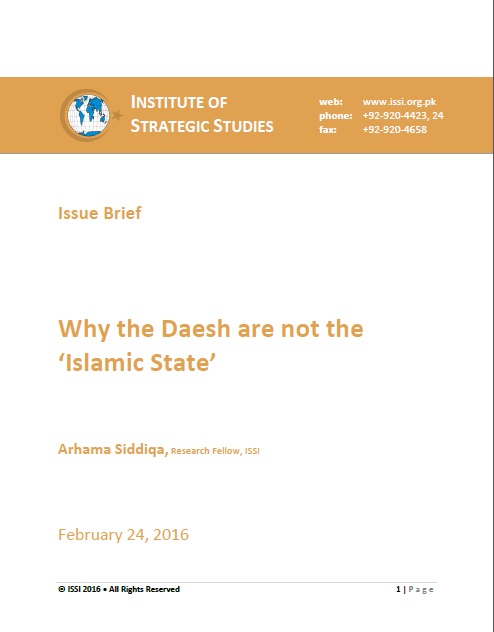The Islamic State is one of the most lethal and successful militant groups in modern history, surpassing even al-Qaeda. Thousands of its followers have marched across Syria and Iraq, subjugating millions, enslaving women and beheading captives. Thousands more have spread terror beyond the Middle East under the Islamic State’s black flag.
The rise of this group in Iraq and Syria has been a disaster for the public image of Islam – and a boon for the Islamophobia industry. After all, this is a group that claims it is the Islamic State; that claims the support of Islamic texts to justify its medieval punishments, and has a leader with a PhD in Islamic studies who declares himself to be a “caliph”, or ruler over all Muslims.
Names are significant because their impact can be compelling. Names are how people expect to see you. By referring to this group as the ‘Islamic State’ they gain legitimacy where none should exist. Hence, with this in mind, UN Secretary General Ban Ki-moon labelled them ‘the enemies of faith’ and stated that since they in no way represented Islam or a state, they should be referred to as “Un-Islamic Non-State”. What is worrisome is that it is not just ill-informed, ignorant or bigoted members of the public who take such a view. Grame Wood, author of the widely read report ‘What ISIS really wants’ states, “The reality is that the Islamic State is Islamic…Very Islamic…the religion preached by its most ardent followers derives from coherent and even learned interpretations of Islam”. Bernard Haykel of Princeton University, voiced similar thoughts and described Muslims who considered ISIS to be un-Islamic, or anti-Islamic, as “embarrassed and politically correct, with a cotton-candy view of their own religion.”















